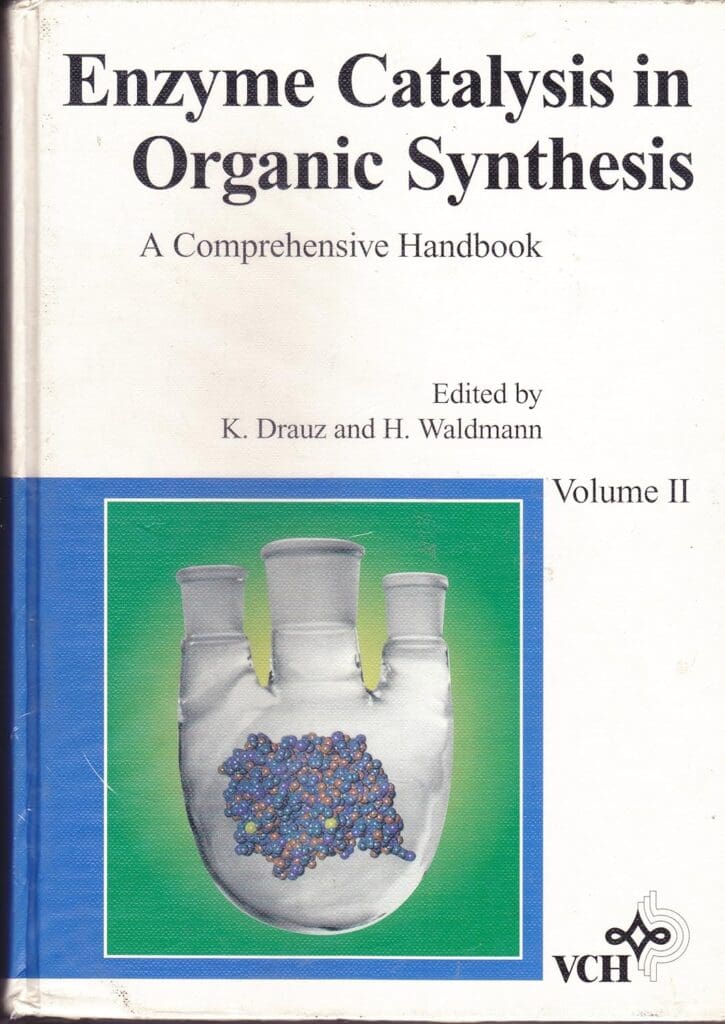Definition
Catalysts accelerate chemical reactions without undergoing permanent change. They’re pivotal in speeding up reaction rates.
Expanded Explanation
Catalysts play a crucial role by lowering the activation energy needed for reactions. This efficiency is vital in various chemical processes.
Importance
A fallacy represents a mistake in reasoning, akin to misconceptions due to their shared foundation in incorrect beliefs. In industry and research, essential substances expedite and enhance processes. These substances significantly improve the efficiency of various procedures.
Context and Usage
Catalysts are widely used in manufacturing, from medicines to plastics. Their selective nature allows for precise chemical transformations.
Examples
- Example 1: In a car’s catalytic converter, active agents work to minimize harmful emissions by transforming them into less harmful substances. These agents play a crucial role in reducing environmental pollution from vehicles.
- Example 2: Enzymes, natural catalysts, facilitate essential biological reactions in living organisms, demonstrating their biological significance.
Understanding the Glossary Term
Common misunderstandings suggest that certain agents are consumed in reactions. However, these agents merely facilitate reactions without undergoing change, allowing for repeated use.
Related Glossary Terms
- Enzymes: Enzymes, as natural accelerators, play a crucial role in speeding up biochemical reactions in living organisms. They form a vital subset essential for life processes, functioning without being consumed.
- Substrate: A substrate is the substance on which a catalyst acts, a crucial concept for understanding catalysts’ role in speeding up chemical reactions.
Visual and Reading Aids


External Resources
- The University of Texas: Offers a thorough explanation of how catalysts work.
- American Chemical Society: Provides in-depth resources and the latest research on collaboration is the catalyst for success.
Related Articles
- Unlocking the Activation Energy Equation: A Deep Dive: This article explores the concept of activation energy, which catalysts significantly reduce to speeding chemical reactions.
- The Dance of Molecules: A Journey into Enzyme-Substrate Interactions: This article delves into the specific interactions of enzymes, which are biological catalysts, with their substrates, illustrating how catalysts function at a molecular level.